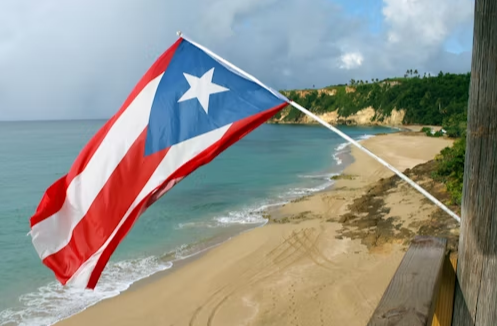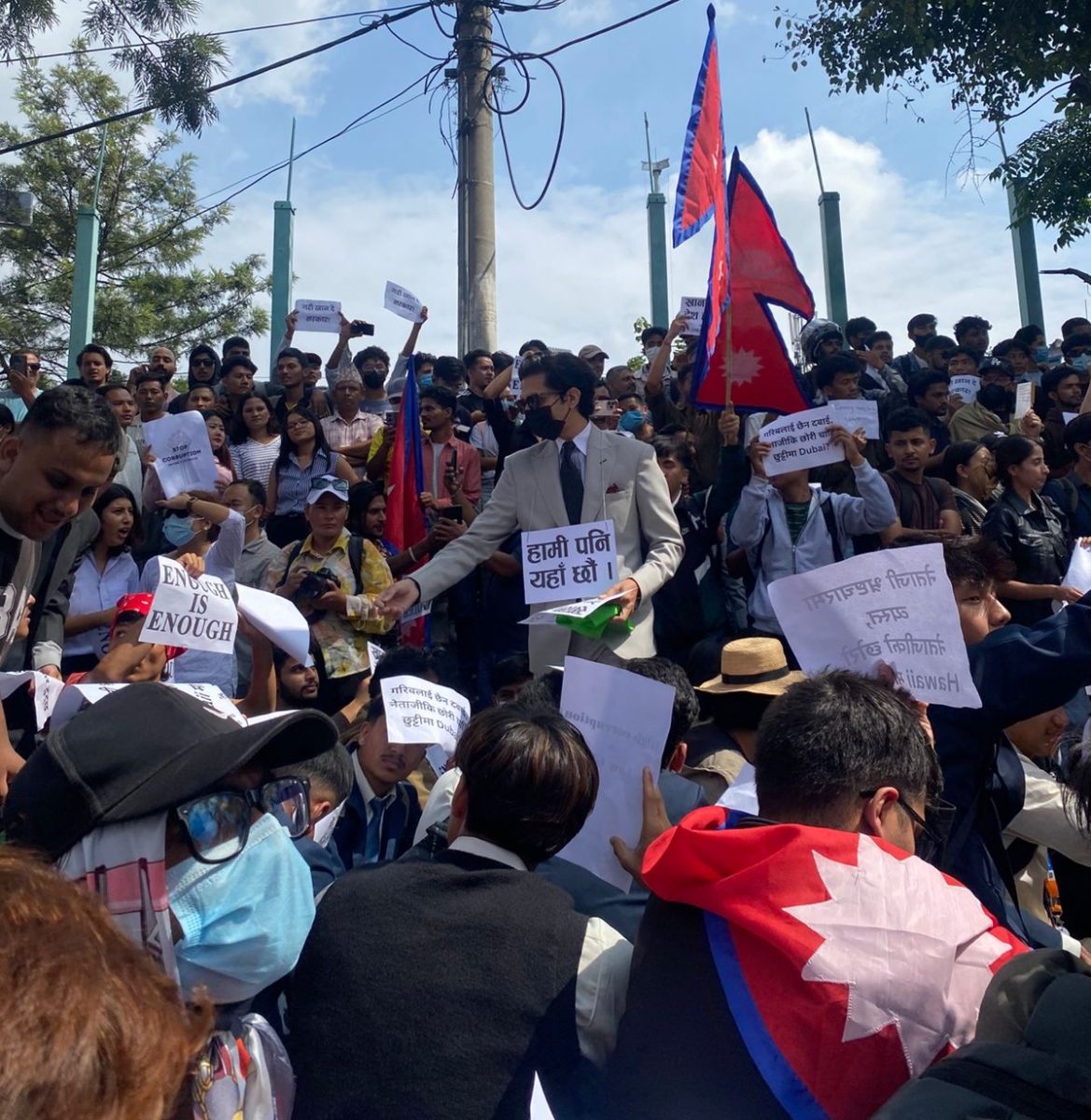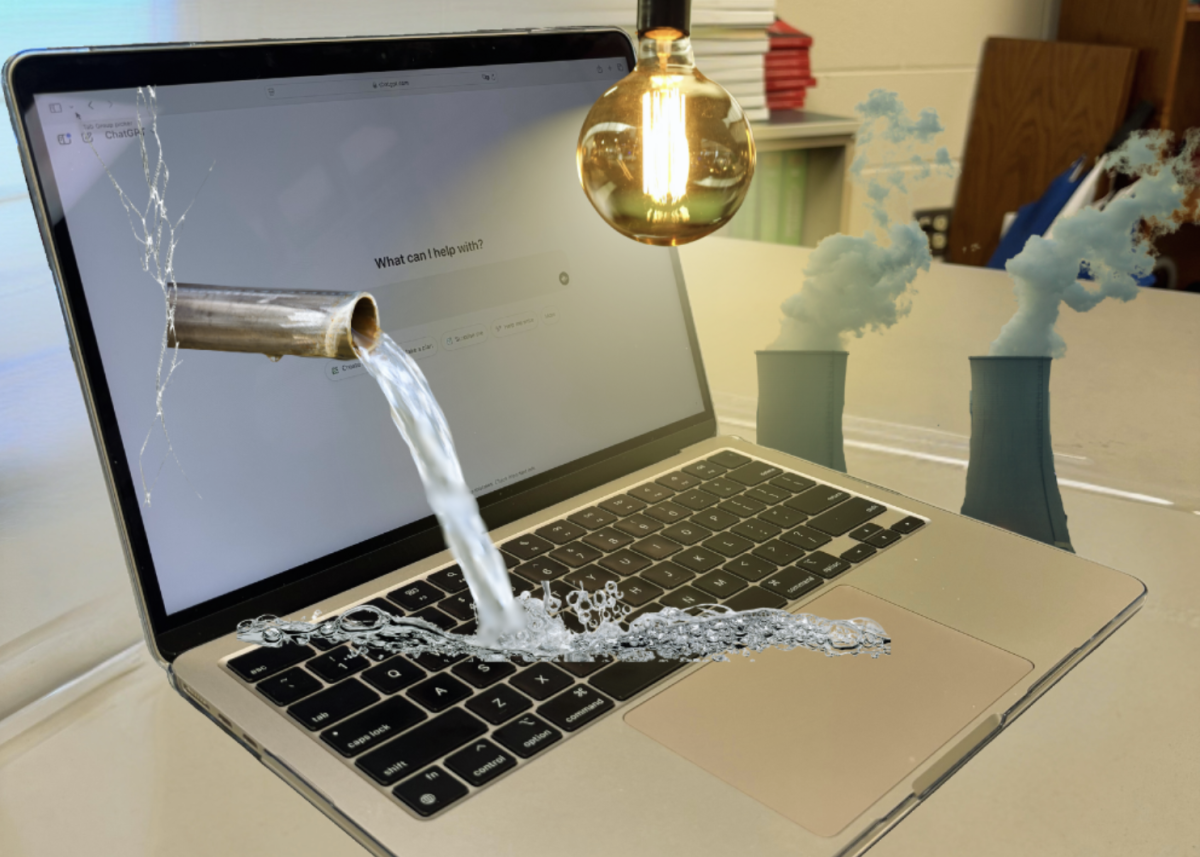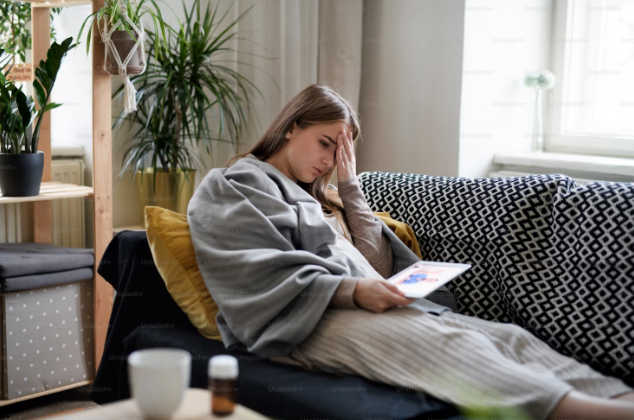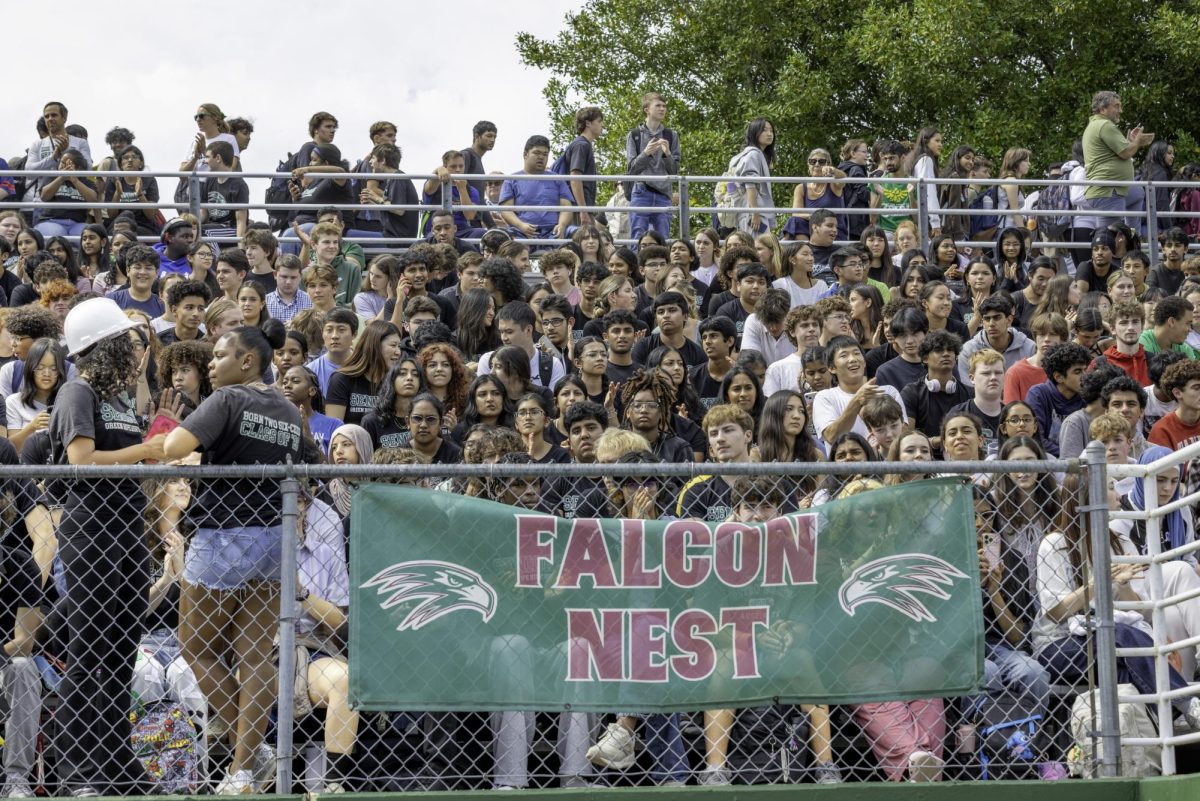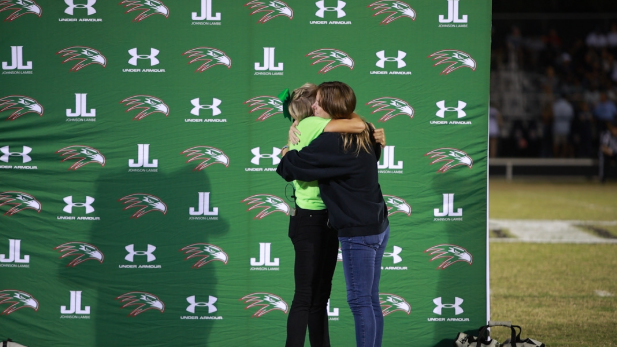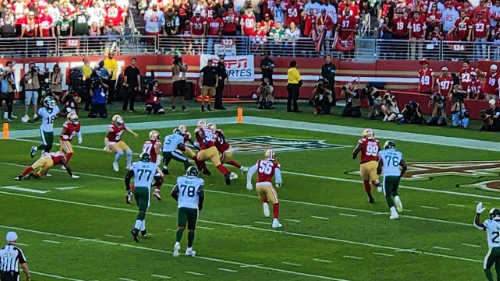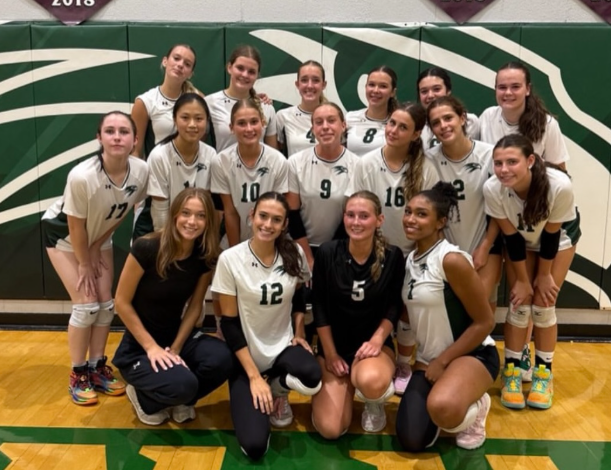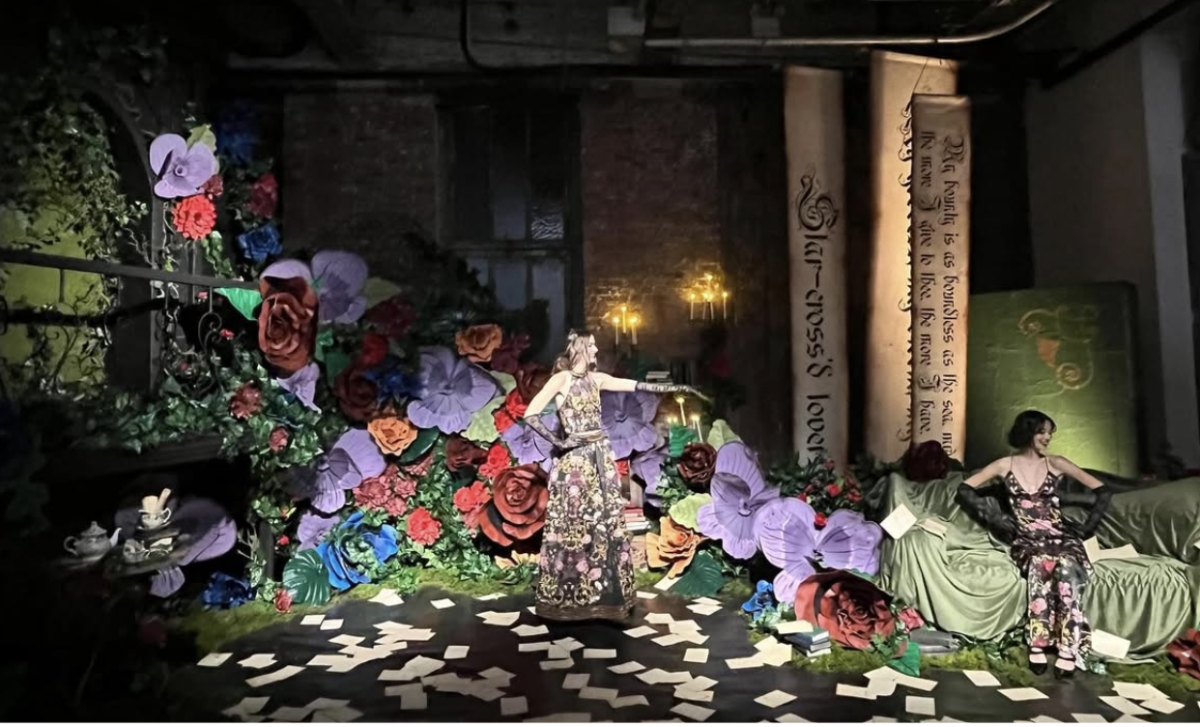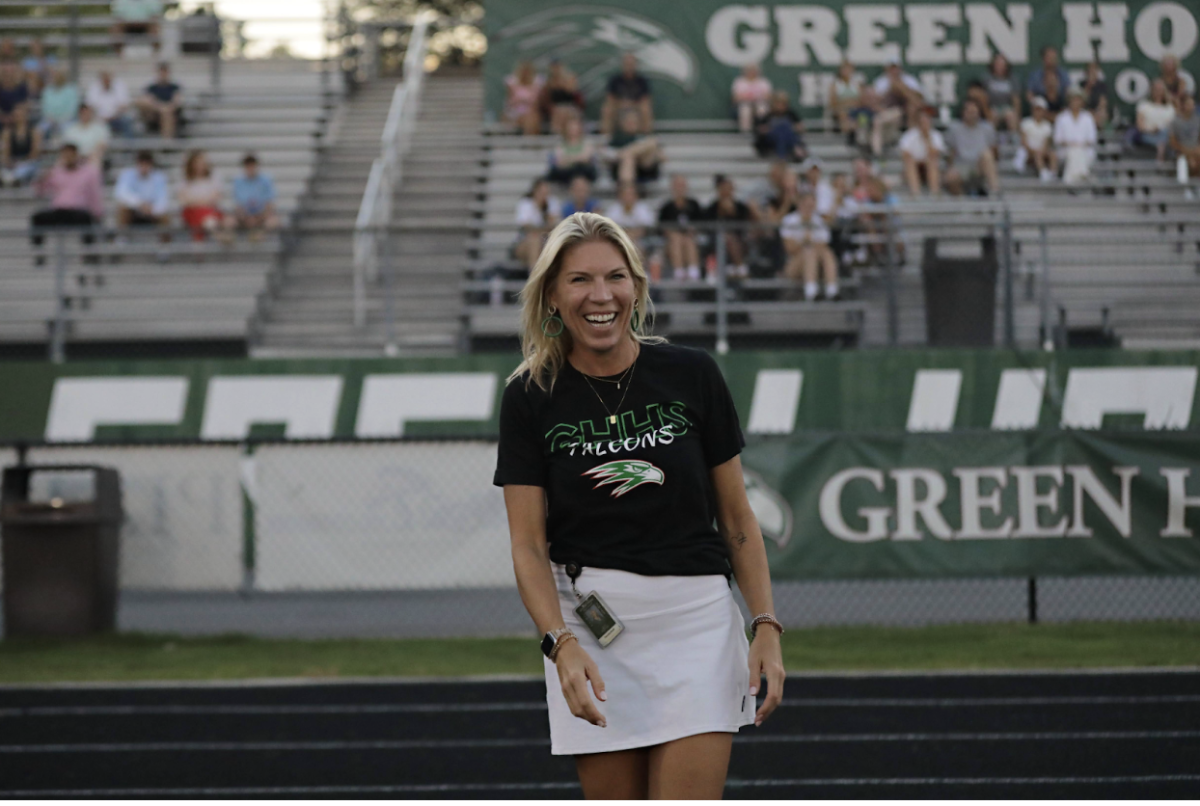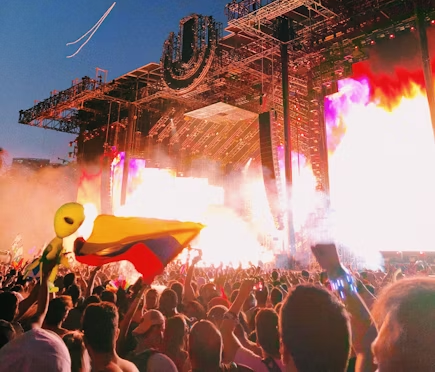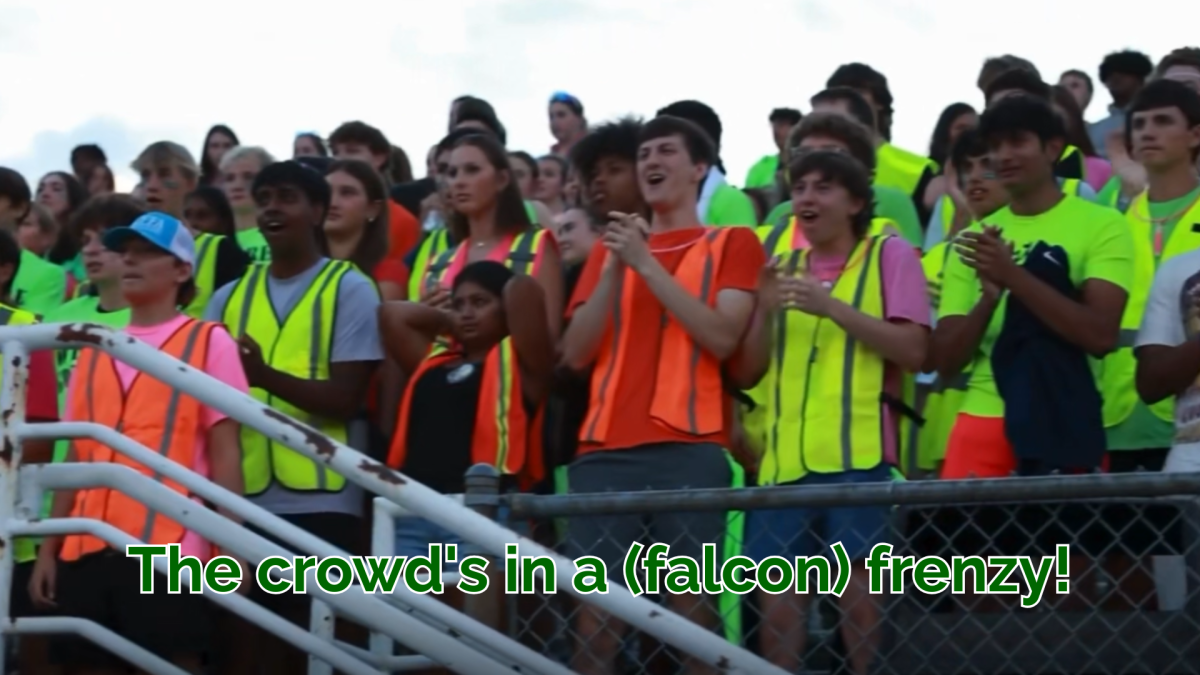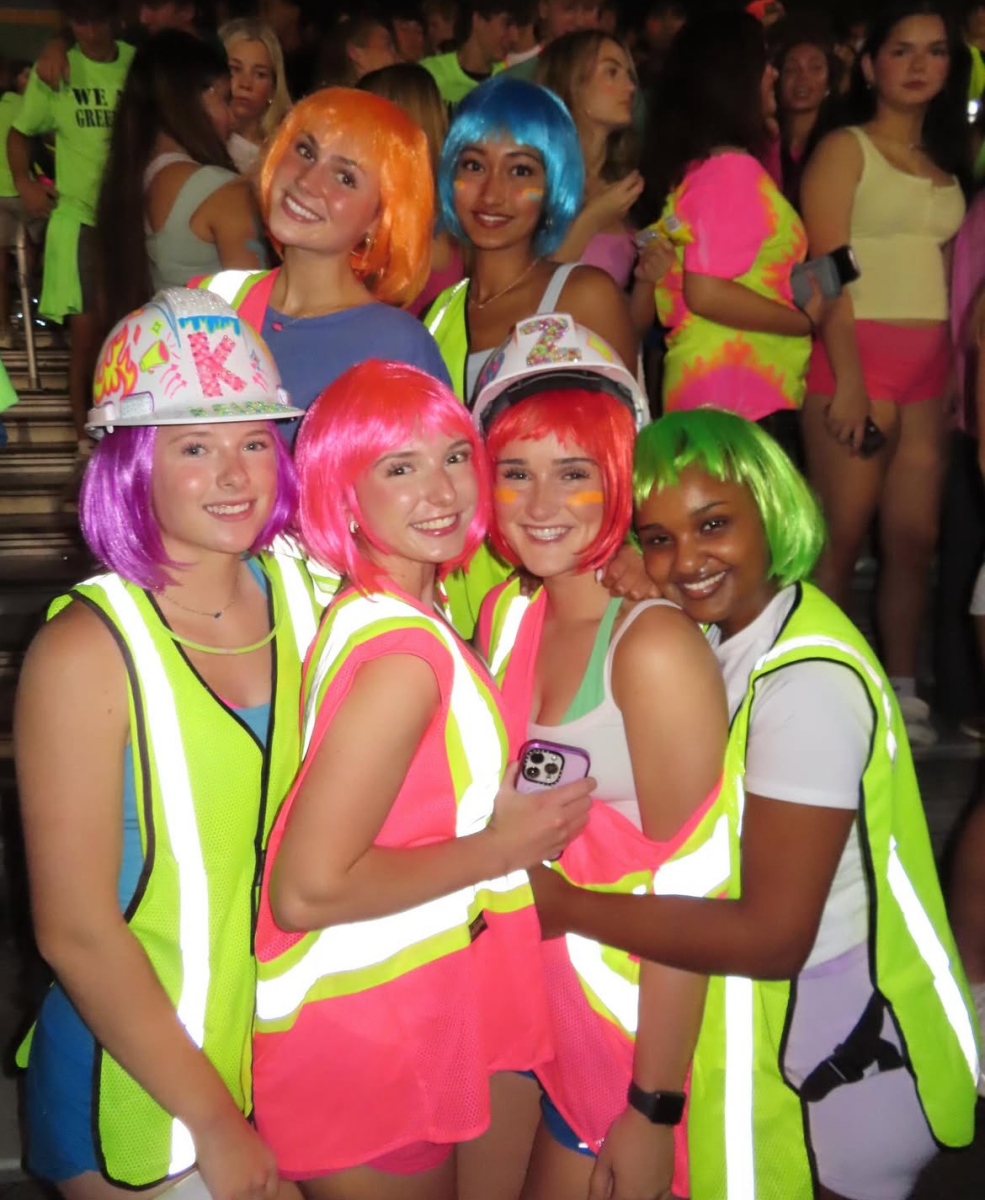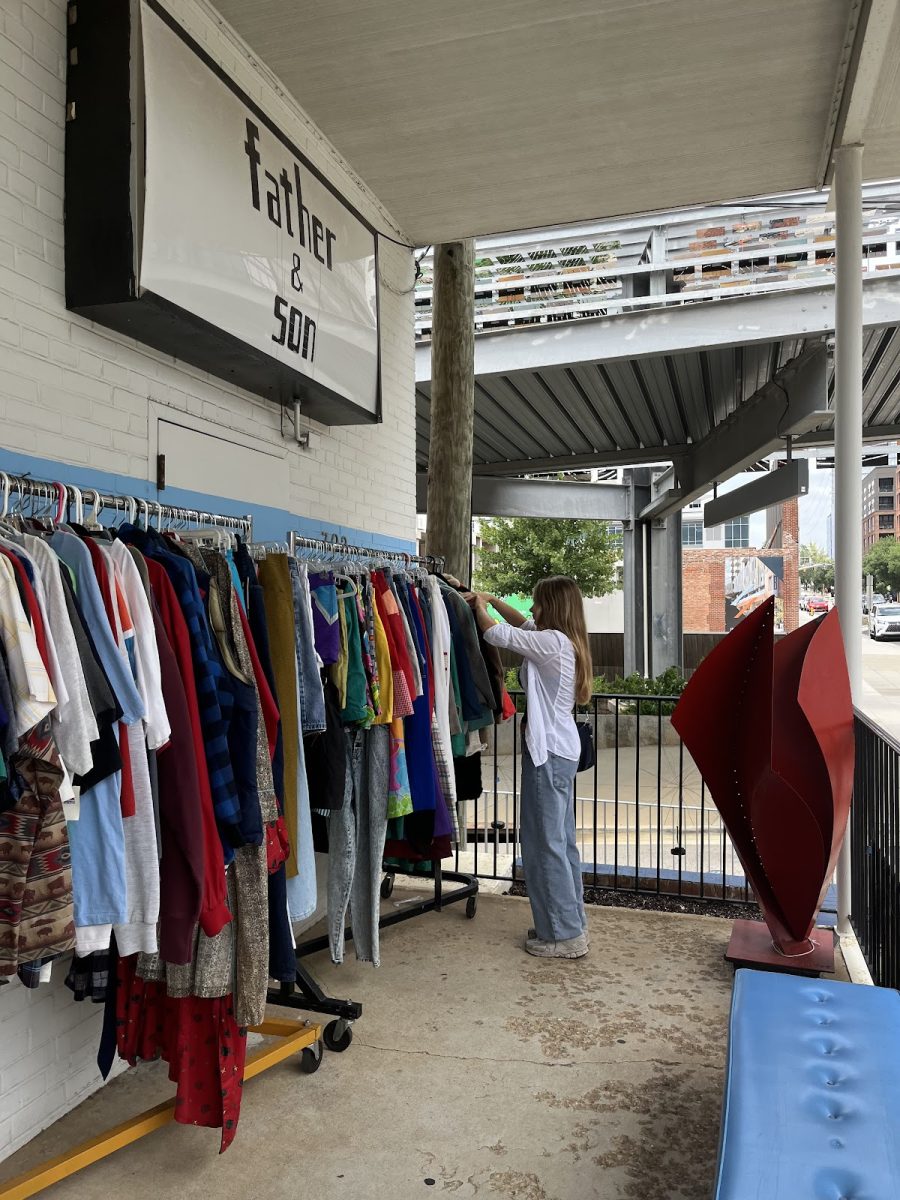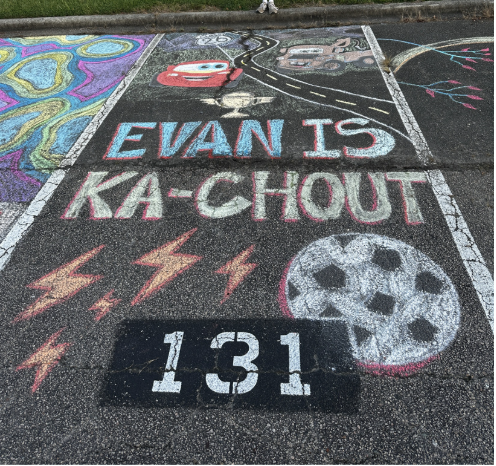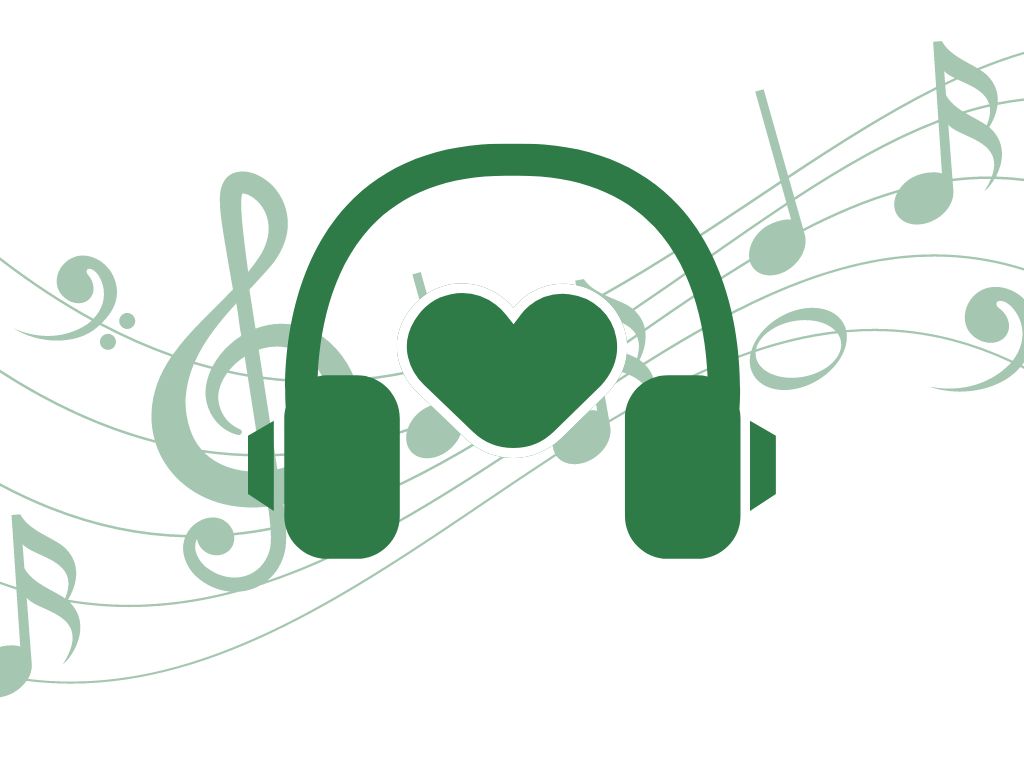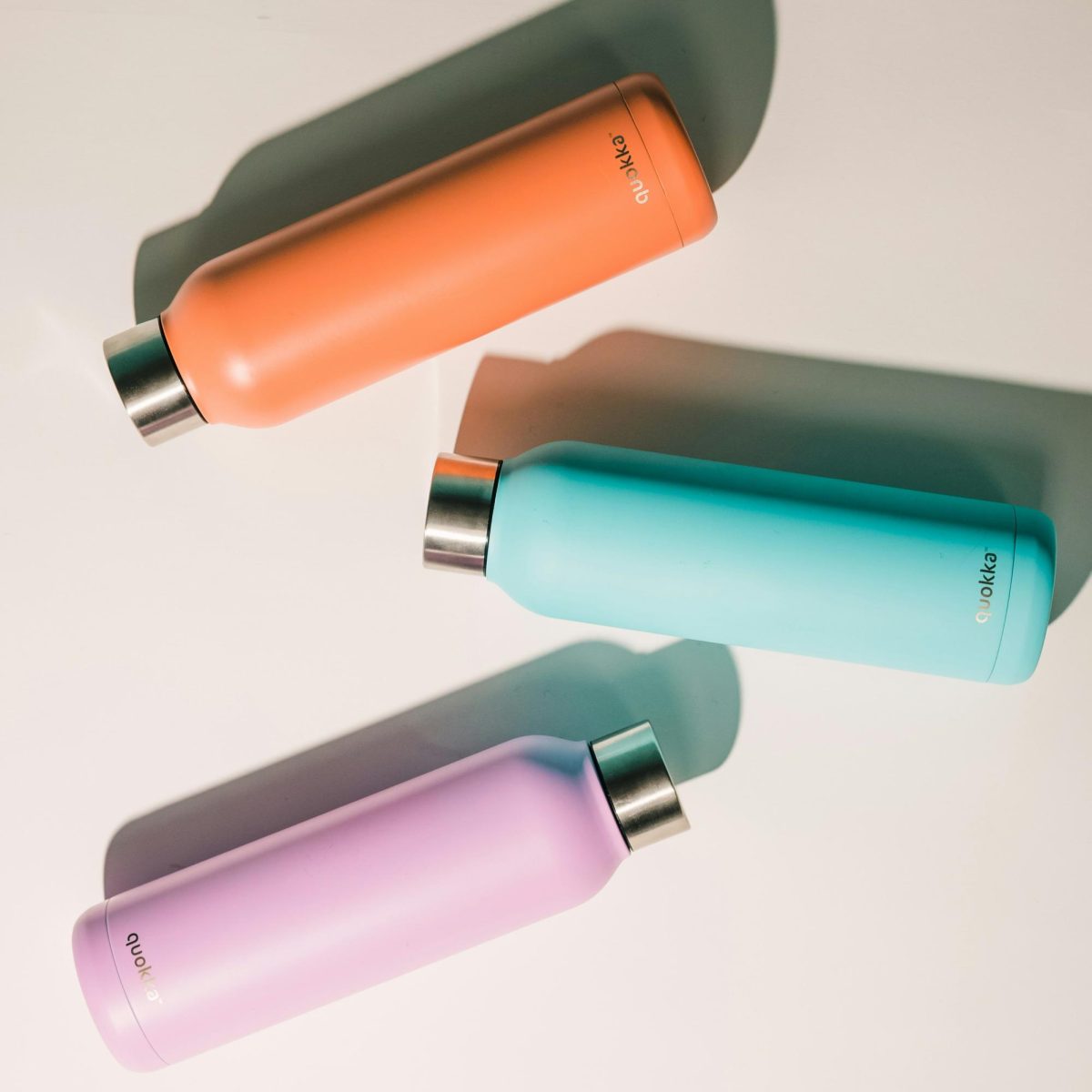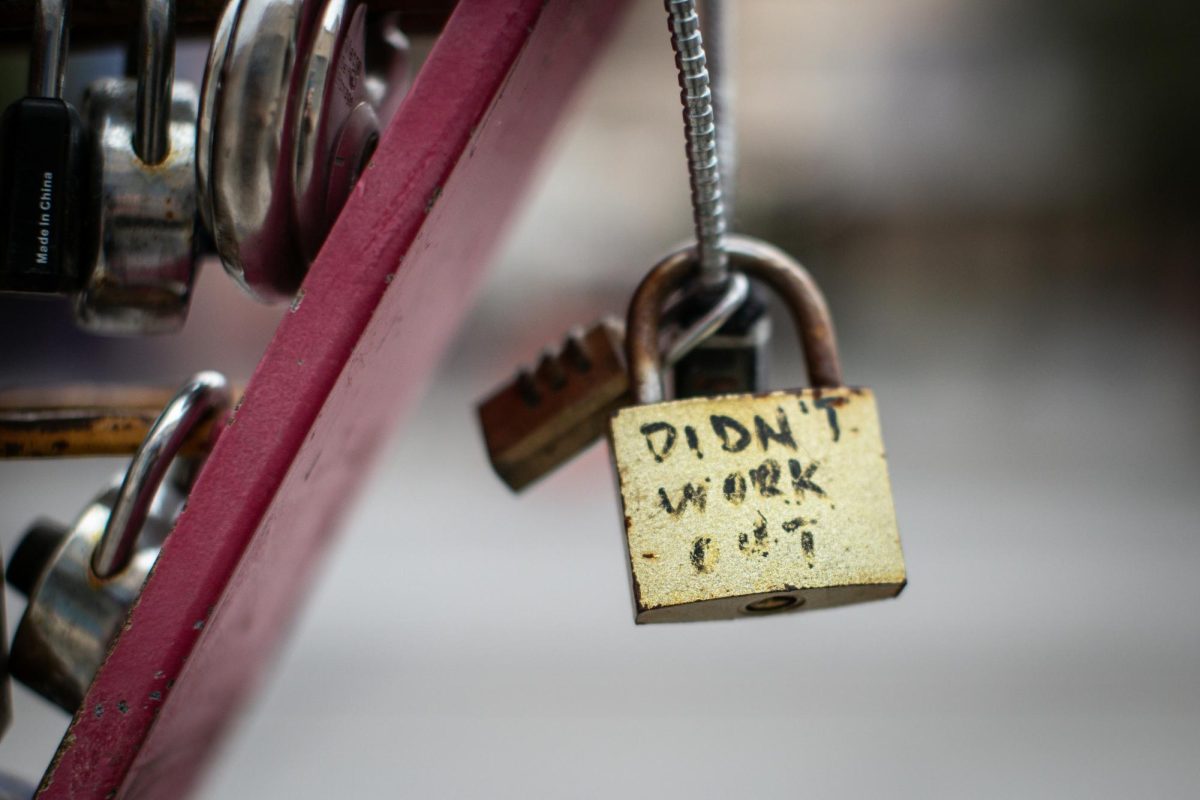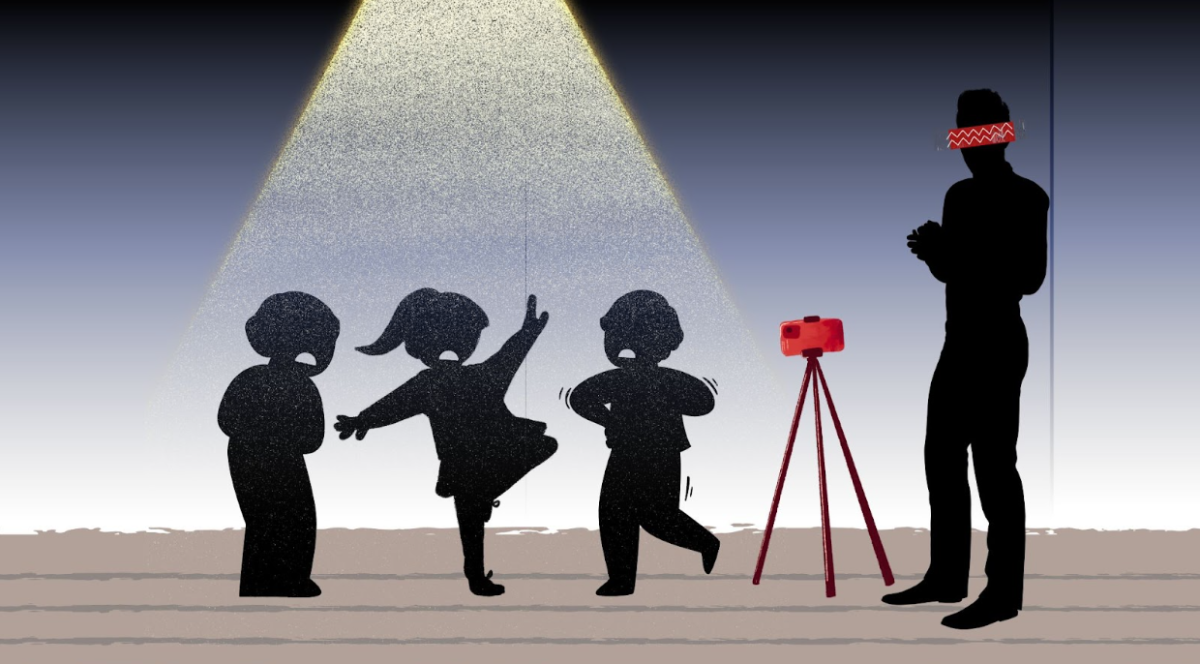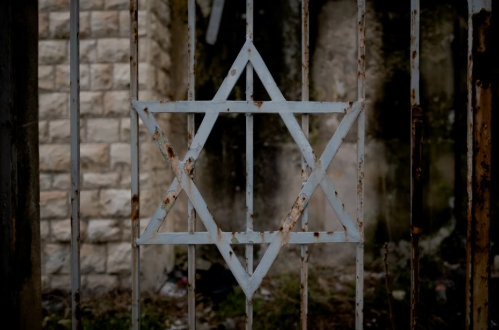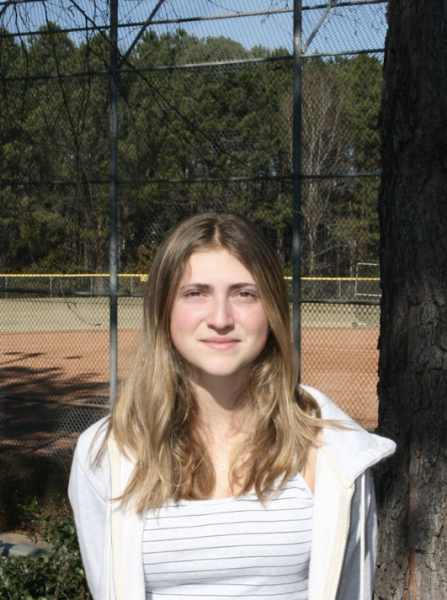For many, making videos with friends may seem like a dream come true, however, as new stories come to light about child influencers, the reality of the job may not be as ideal as it once seemed.
The new Netflix documentary, “Bad Influence: The Dark Side of Kidfluencing”, delves into what goes on behind the scenes in these seemingly ideal child influencer lives.
Many teenagers may have grown up watching “The Squad,” Piper Rockelle’s friend group that made videos together on YouTube. Yet, these viewers have only seen what they were meant to see, the polished side of child influencing that gets posted onto YouTube and other social media platforms.
Rockelle was the young girl at the heart of “The Squad.” When she did pageants as a little girl, her mother found that she had a knack for being behind the camera. As Rockelle and her mother began making videos together, they realized that views were higher when she was on camera with friends rather than alone.
As the views on Rockelle’s videos went up, more boys and girls were added to her videos, eventually creating an established group of children called, “The Squad.” Tiffany Smith, Rockelle’s mother, would find aspiring child actors that wanted to make a name for themselves, and offered them a chance to do so.
The documentary features interviews with many of the former “Squad” members and their parents, alleging that Smith and her boyfriend, Hunter, did horrible things to them as members.
Many of them claim that Smith tried to do sexually inappropriate things with them and made them work unacceptably long hours, typically until past midnight. The parents claimed that they were not allowed to supervise their children while they were working at Smith’s house and when parents tried to leave “The Squad,” they were met with hostility and anger from Smith.
When running a channel primarily showcasing children, it becomes vital to protect children from outside harm, particularly from older people (typically men) that think about them inappropriately.
Many of the former squad members reported that Smith had not tried to protect them from this type of harm, instead feeding into this unethical interest. Allegedly, she told children in “The Squad” that they had to put less clothes on whenever shooting a video or posing for a thumbnail and would bring on more boys to set up fake relationships for them. It was even alleged that she had shipped inappropriate photos of Rockelle and children’s underwear to older men, not only acknowledging the harmful interest that these people had, but feeding into it.
In 2022, 11 of the former “Squad” members sued Smith for claims of sexual harassment and emotional and physical abuse, the class-action lawsuit was settled for $1.85 million in 2024. Although “The Squad’s” story may seem like it is over after their lawsuit, this documentary illustrates a growing trend in child influencing: Oftentimes, not everything is shown on camera.
“Devil in the Family: The Fall of Ruby Franke,” a recent Hulu documentary, tells the story of a family vlogging channel, “Eight Passengers,” and the abuse that the children suffered at the hands of their mother. In many family vlogging channels, children’s lives are broadcasted online from the day they are born. This leads to children having little to no say in the content they make, often being forced to make content when they do not want to. Fans of the “Eight Passengers” channel had speculated that something odd was going on, but nothing was done until one of the children from the family escaped their house and confronted a neighbor who called 9-1-1.
While the good is shown on camera, the bad is hidden, just out of reach for viewers. It seems like the abuse of child influencers on social media should be illegal, aren’t there laws that protect children from this type of abuse?
The answer is, not exactly. Child influencing is a newer medium of work for children and when these families and groups of people were in their peak popularity, there was little moderation behind the scenes. The most that YouTube, the platform they posted primarily on, could do was demonetize their channel, taking away the compensation that they got in exchange for views.

However, with the introduction of new laws, it seems like there is a growing movement trying to keep child influencers safer.
Coogan Law was originally passed in California and has been passed in several other states, being effective as of Jan. 1, 2025. The law requires families that feature minors in content to set aside a percentage of their earnings – typically 15% – in an account until they are 18 years old, this way they will have control over some of their earnings and will be less susceptible to exploitation.
Perhaps the problem is not necessarily the lack of law enforcement surrounding child influencers, but perhaps more the lack of supervision.
There are many laws that ban child labor and child exploitation, such as the Fair Labor Standards Act of 1938 (FLSA), which even states that children under the age of 14 are not allowed to be employed.
The line between what does count as employment and what does not blurs in the face of child influencing. These children often make videos for fun, yet some make content as a job from early ages. It can be hard to determine when making videos goes from a fun hobby to a fulltime job for many children.
Unlike a standard job, many child influencers do not have to leave their house or have supervision of an employer other than their parents to create content. They are not subject to standard workplace regulations and have less governmental supervision.
The one link that brings causes of child influencer exploitation together is that no one truly knows what is going on behind the camera, and until someone figures out how to supervise these children or families, it seems like cases of child exploitation in content creation will continue to climb.


